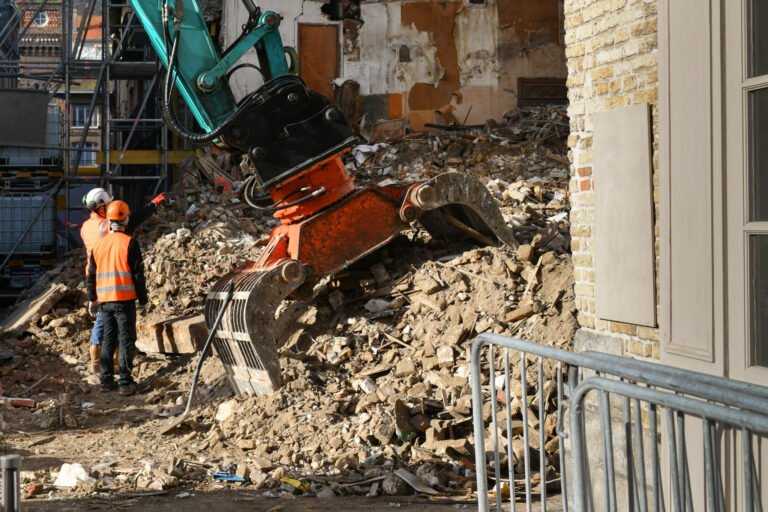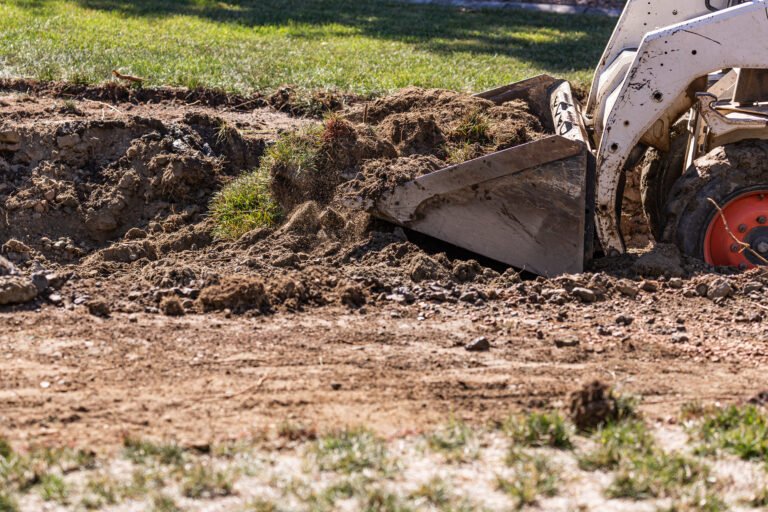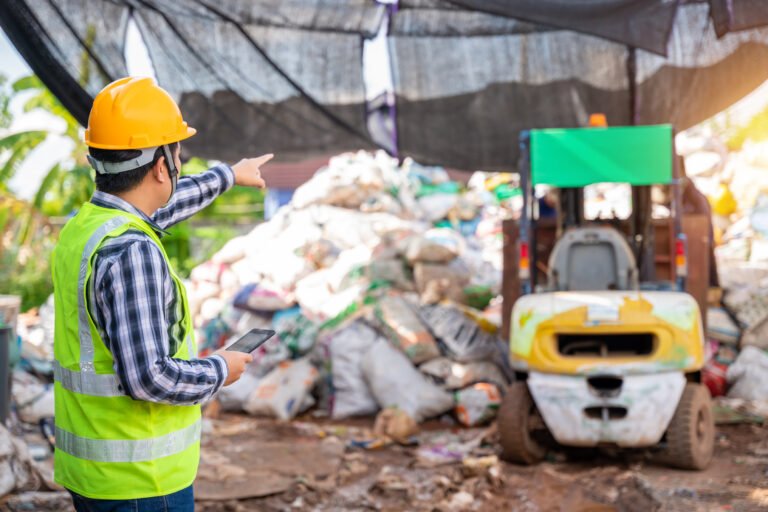The Impact of Weather on Demolition Projects: Planning and Adaptation Strategies
Weather plays a significant role in the construction industry, particularly within the realm of demolition projects. Demolition, by its very nature, involves the dismantling of structures, often requiring precise timing and the coordinated efforts of teams and machinery. The unpredictability of weather can directly impact the safety, efficiency, and overall success of these operations. From sudden storms causing delays to extreme temperatures affecting equipment functionality and worker health, the elements can force project managers to adjust their plans frequently and at times, significantly.
The impact of weather on demolition activities is multi-faceted, influencing not only the scheduling of projects but also the methods used and the precautions taken. Heavy rain, for example, can hamper the ability to handle and remove debris safely, increasing the risk of accidents on-site. High winds can turn even the smallest items into dangerous projectiles, and in severe cases, can lead to the destabilization of structures slated for controlled demolition. Conversely, extreme heat can present health risks to the demolition crew, requiring additional measures to prevent heat-related illnesses.
Understanding these impacts is crucial for those involved in the demolition aspect of the construction industry. Project planners must commonly consult weather forecasts and have contingency plans in place, allowing for the adequate allocation of resources, time management, and implementation of safety protocols. Additionally, they must ensure that both crew and equipment are prepared for the wide array of weather conditions they may face. This level of preparedness helps to mitigate delays, reduce costs, and ensure the project’s objectives are achieved despite weather-related challenges.
Weather Influence on Demolition Operations
Weather conditions significantly affect the efficiency and safety of demolition operations. These impacts range from weather-related delays to specific hazards posed by adverse weather, necessitating careful planning and scheduling to mitigate risks.
Understanding Weather-Related Delays
Adverse weather can cause significant delays in demolition projects. Rain and floods can saturate the ground, making it unsuitable for heavy machinery and increasing the risk of equipment getting stuck or creating unsafe working conditions. Low temperatures and ice can delay concrete curing and make surfaces slippery, hindering progress and posing safety risks. Scheduled demolitions often require adjustments to account for these weather-related setbacks. Proper scheduling strategies are essential to minimize delays and maintain project timelines.
Safety Hazards from Adverse Conditions
Worker safety is paramount in demolition projects and is greatly influenced by weather conditions. Safety concerns escalate with the onset of extreme heat or cold as they can lead to heat stress or hypothermia. Wind can destabilize structures and debris, creating unpredictable conditions. Storms and extreme temperature fluctuations present immediate hazards that demand preemptive safety measures and protective measures for equipment and personnel. Ensuring worker safety in the face of these safety risks requires constant vigilance and the implementation of comprehensive safety protocols.
Planning and Scheduling Around the Climate
Effective planning for demolition projects involves thorough climate consideration. Mitigation strategies for weather events involve flexibility in scheduling to accommodate potential weather delays. This may include allocating additional days within project timelines to offset days lost to adverse weather. Productive measures such as securing coverings over sensitive areas and using heated enclosures can protect from rain, ice, and low temperatures. Collaborating with companies offering Expert Demolition Services: PCR Corp Demo can provide tailored solutions to complex weather-related challenges in demolition. The integration of accurate weather forecasting tools into the planning process improves responsiveness to changing conditions, allowing project managers to adjust work schedules proactively for weather delays and uphold worker safety standards.
Mitigation and Adaptation Strategies
Effective mitigation and adaptation strategies are critical in addressing the impact of weather on demolition projects. These strategies involve adopting innovative construction techniques, enhancing safety protocols on-site, and employing effective project management practices.
Innovative Construction Techniques
Prefabrication and modular construction serve as solutions to weather-related challenges by allowing much of the construction to be completed off-site in controlled environments. This approach also enhances efficiency and stability, reducing the likelihood of project delays. Implementing heated enclosures can protect ongoing on-site work from adverse weather, thus maintaining project planning schedules.
Enhancing On-Site Safety Protocols
Developing safety protocols specific to weather conditions is essential for subcontractor and worker safety. This includes communication measures and erosion control mechanisms that maintain site stability. Construction management teams might also benefit from training in decision-making under various weather scenarios to construct a reliable safety net against unforeseen events and reduce increased costs due to accidents.
Effective Project Management Practices
Project managers are crucial in proactive measures that minimize project delays. Incorporating advanced modeling into project planning equips teams with resilience against weather disruptions. Coordination among teams and with subcontractors through systematic planning and scheduling ensures a successful project outcome. Adopting sustainable construction practices can also mitigate long-term environmental impacts.
Effective communication is vital, including keeping everyone informed through regular updates on potential weather risks. Similarly, Bay Area Expert Excavation: PCR Corp Services can provide insights into tailored excavation or grading services that further mitigate weather-related risks for demolition projects. An emphasis on coordination between project managers and service providers like Expert Cleanup and Debris Removal: PCR Corp Services ensures that post-demolition sites are appropriately managed regardless of weather conditions.








